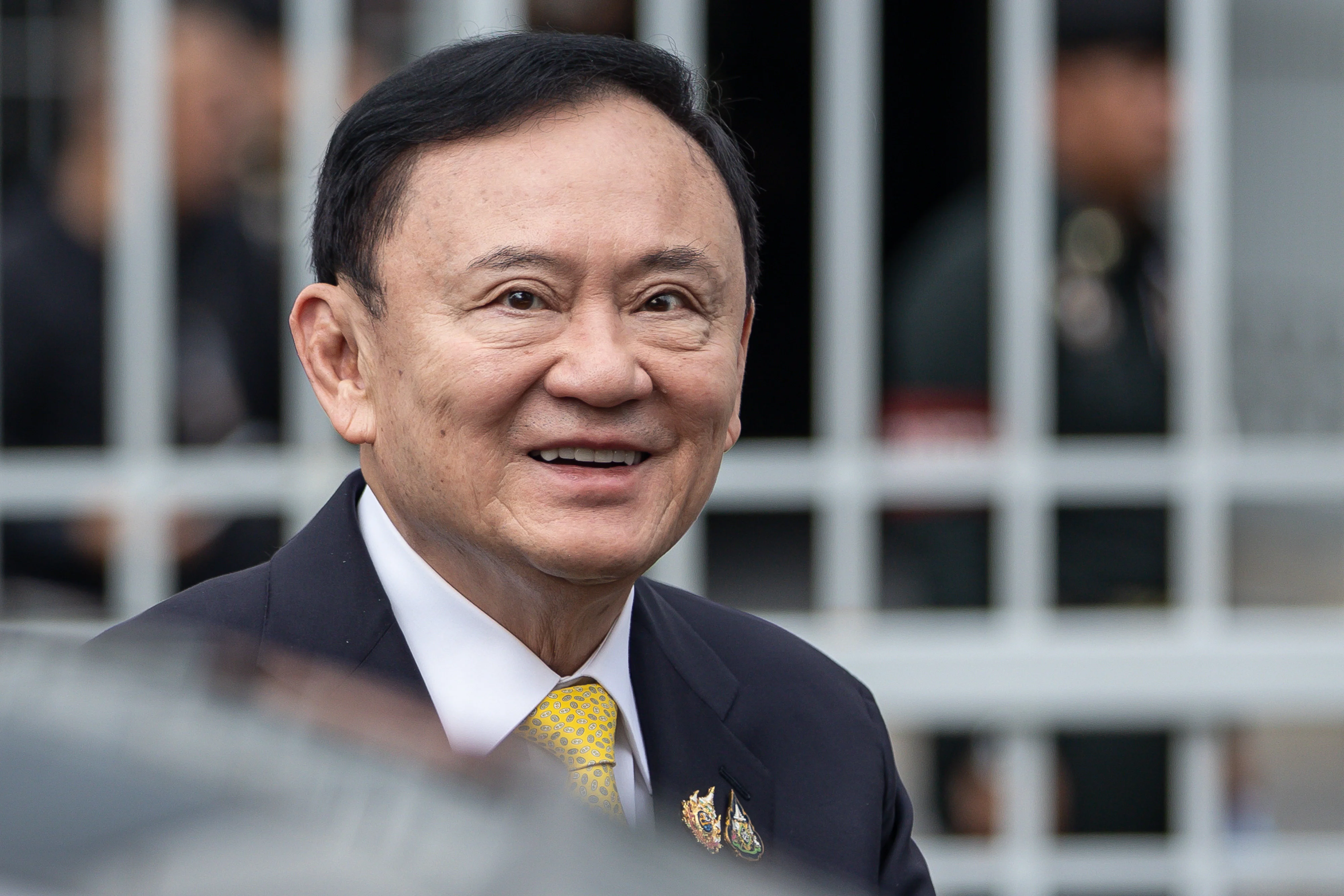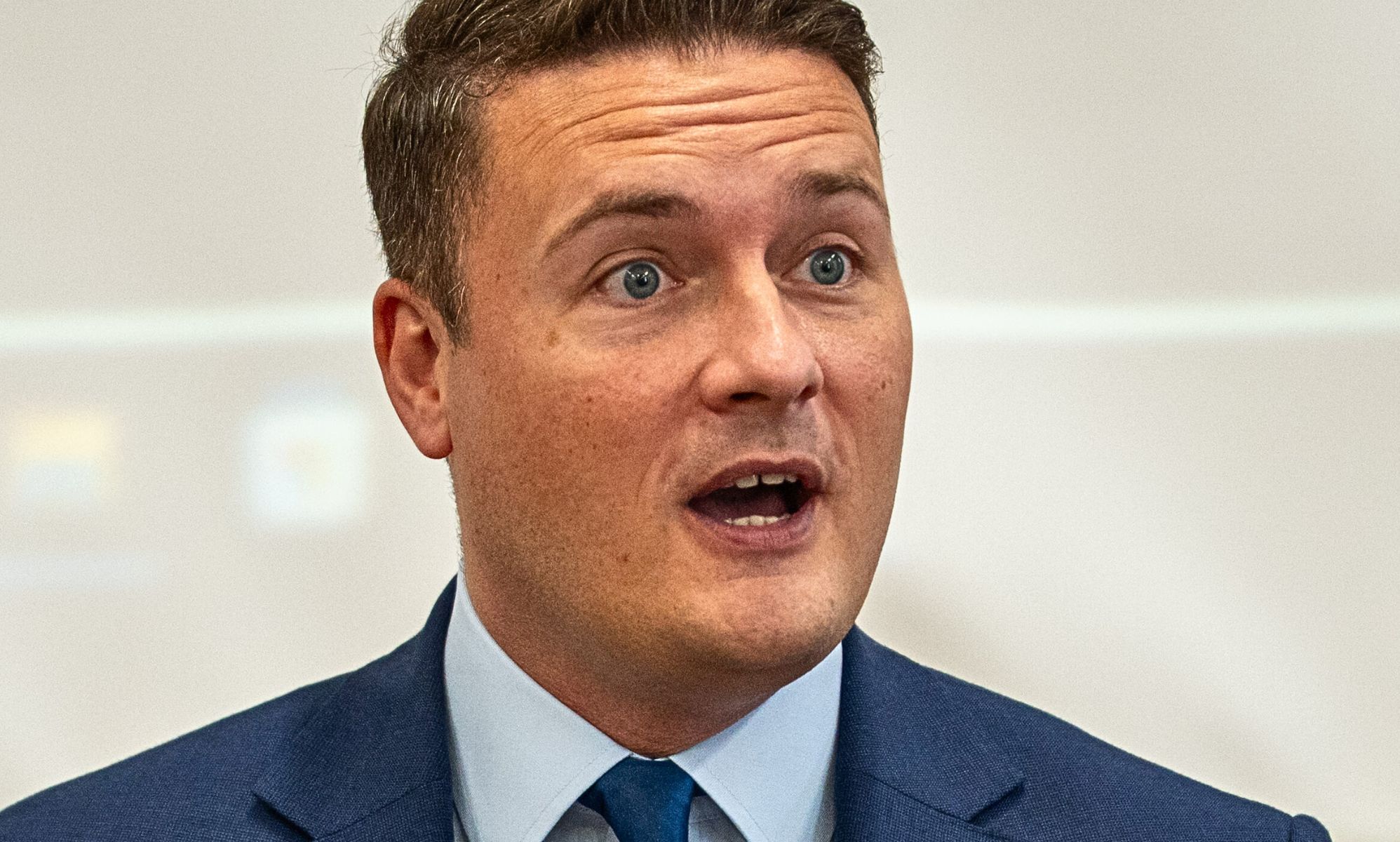By SCMP’s Asia desk
Copyright scmp

Thaksin Shinawatra is being held under the same conditions as other inmates and has not received any special privileges during his first week back in prison, his lawyer has said, amid speculation over whether Thailand’s former prime minister may request to serve his sentence outside jail.
Attorney Winyat Chartmontree on Monday said Thaksin’s family had not sought any special treatment and that his client had only requested rights afforded to other inmates.
“People can say what they like, but they should be accountable for their words,” Winyat said as quoted by The Nation Thailand.
Winyat confirmed that Thaksin, who is 76 and suffers from high blood pressure and age-related stress, had been placed in an area of the prison adjacent to the Corrections Hospital used for quarantine and elderly inmates. He added that the former leader was making efforts to manage his health and remained under standard security measures.
The lawyer emphasised that Thaksin’s family had not asked for detention outside prison – a legal provision allowing certain inmates to serve terms at home or in hospital under supervision.
Such a petition would only be considered “when the time is right” and the Department of Corrections’ criteria were met, he added.
Under Thai regulations, only low-risk offenders with fewer than four years to serve may apply for detention outside prison, which requires risk assessments and may involve electronic monitoring. Designated locations must be pre-approved, and applications are reviewed by a Corrections board.
Thaksin’s latest imprisonment stems from corruption and abuse-of-power convictions handed down in absentia after the telecoms magnate fled Thailand following his 2006 ousting in a military coup.
After 15 years abroad, Thaksin returned from self-exile in August 2023 and was sentenced to eight years in prison. But within hours he was transferred to the Police General Hospital in Bangkok, where doctors cited chest pain, high blood pressure and low oxygen as reasons for admission. He remained there for six months, prompting critics to accuse authorities of granting him preferential treatment.
While in hospital custody, Thaksin received a royal pardon that reduced his eight-year term to one year, and he was released on parole in February 2024 after serving half that time. His early release appeared to close the chapter on his legal troubles – until a fresh petition reached the Supreme Court’s Criminal Division for Holders of Political Positions.
On September 9, the court ruled that Thaksin’s hospitalisation had been medically unnecessary and therefore could not be counted as time served.
“The defendant only had a chronic condition that could be treated as an outpatient and did not require hospitalisation,” the ruling stated.
As a result, Thaksin was ordered back to prison that same day to serve a full one-year term.
Prime Minister Anutin Charnvirakul has also weighed in, insisting there will be no special treatment for Thaksin.
Speaking to reporters last week after questions about whether Thaksin would receive privileged handling in prison, Anutin said there were no “VIPs” when it came to the legal process.
Thaksin is one of the richest people in Thailand and his family remains central to the country’s shifting political landscape. His youngest daughter, Paetongtarn Shinawatra, became prime minister in August 2024, heading a coalition under the family-aligned Pheu Thai party.
But on August 29, the Constitutional Court removed her from office, finding she had violated ethical and constitutional norms in a leaked June telephone call with Cambodia’s former leader Hun Sen.
In that call, Paetongtarn addressed Hun Sen as “uncle” and appeared to criticise a Thai army general – conduct the court judged to have compromised national dignity and public confidence.
During Monday’s visit, Winyat said Thaksin had expressed gratitude to the “red shirts” – supporters of the Shinawatra clan and Pheu Thai – who had been sending daily messages of encouragement. The red-shirt movement is a grass-roots network that emerged in the late 2000s to back Thaksin and oppose the military and royalist establishment.
“Every day?” he asked when told of the gestures, according to his lawyer.
Winyat added that despite his detention, Thaksin remained attentive to national affairs but had not discussed political matters in detail during the family meeting.



